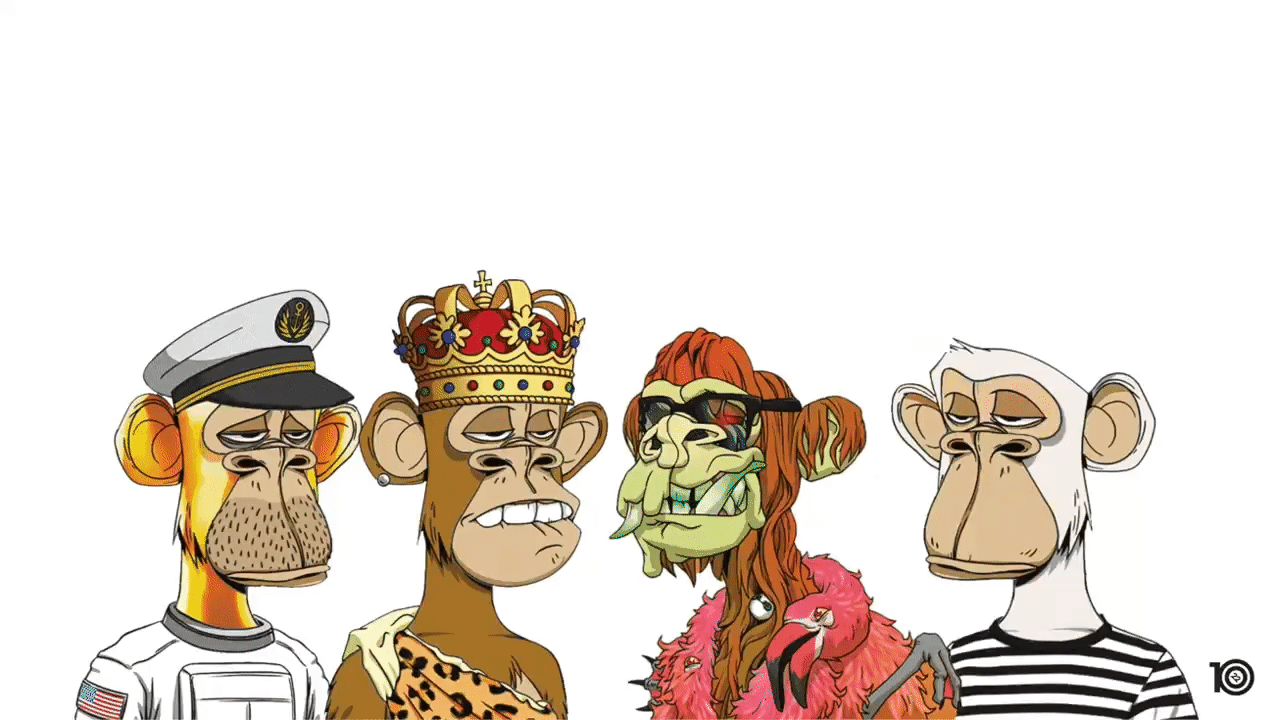At this point, awareness around the BAYC brand has started to reach the masses. Don’t believe me?
Exhibit A: Zumiez (738 stores, 602 of them in the US)
Licensed Bored Ape merch is also available online.
Exhibit B: Athletes promoting/being promoted alongside BAYC.


Exhibit C: BAYC themed restaurants opening up. This one’s in Long Beach, CA.
Exhibit D: Brands are incorporating BAYC into their ecosystem. GFuel is a popular energy drink brand in the Esports space. The parent Twitter account has 1.7M followers. I’ve also mentioned eToro and Arizona Iced Tea in a previous post.
Exhibit E: Music.


Who are the Bored Brothers? Kygo and Ryan Tedder (One Republic). This is only available to listen on sound.xyz, but will be available on streaming platforms along with a music video soon.
What’s fun about this one is music artists (and any celebrity actually) has to cultivate and maintain their brand as they become more popular. Their fans start to know them for X, and if you stray away from X over time, your fans miss the ‘old stuff’. But as a musical artist, you want to continue to push the boundaries, explore more genres, maybe even create your own. But that is at odds with what got them to be famous in the first place.
So what does one do? Enter alter egos. And in this case, BAYC is a way to fast track that multiplied by the existing brand recognition and fan base. If you’re a BAYC maxi, you would listen to the music from a Bored Ape no matter what your music tastes are.
If you are familiar with Kygo and Ryan Tedder’s music, they are more pop-friendly. You often hear them on the radio or Spotify playlists. However, with this song it’s… darker. Ryan Tedder’s voice is distorted, far from recognizable. This Bored Ape alter ego allows for more creative freedom to explore while maintaining their core musical reputation.
What made this all possible?
The current average company would not be able to grow organically and through so many different verticals like BAYC has in a the span of a year. Moreover, they probably wouldn’t allow it.
Is it on brand? That doesn’t match what we stand for. What will our users think?
So how the hell did BAYC do it? BAYC provides its holders commercial rights.
To be fair, this is very ‘on brand’ for Web3 and BAYC. However, they were still the first NFT project to do this at scale. By doing so, the founding team flew the plane while the whole community helped to build it instead of the team having to do both by themselves.
By providing commercial rights, BAYC holders can monetize their piece (via a restaurant, music group, clothing, etc.) of the BAYC pie while supporting the broader brand.
And the best part is, the incentives are aligned.
If you’re going to make money from your piece of the pie, you’re going to make the whole pie as appealing as possible.
And this becomes a win-win-win situation. Wait TPan. Don’t you mean win-win? No.
Win - BAYC as a brand.
Win - The holder that is exercising their commercial rights.
Win - The end consumer. Whether it’s a fellow BAYC holder or just your average person wanting a cool experience.
More info on some of the IP/Licensing models that are occurring today among more notable projects.

For those that are building companies and brands, how can you grant commercial rights (or a version of that) to your '“holders”? You might be pleasantly surprised at what comes from that if done thoughtfully :)








